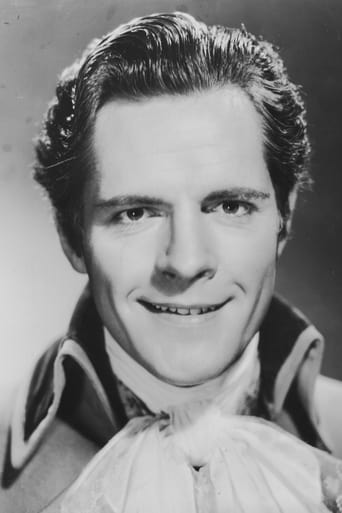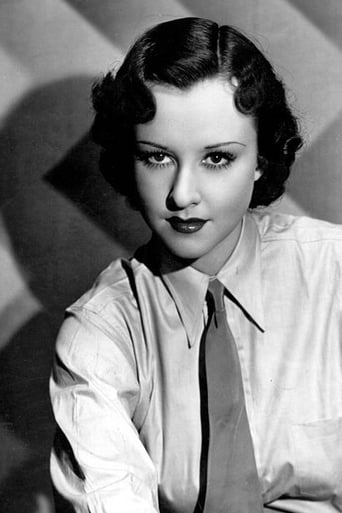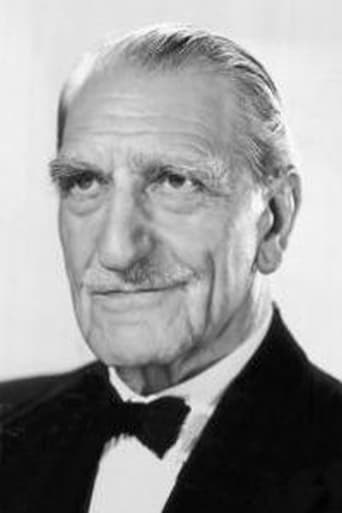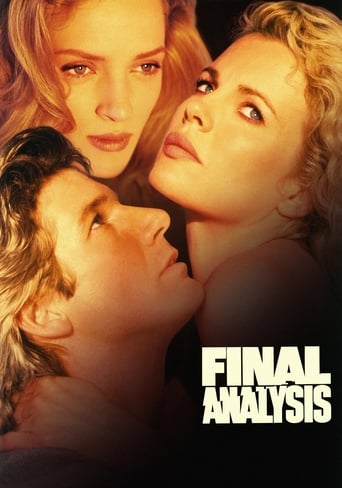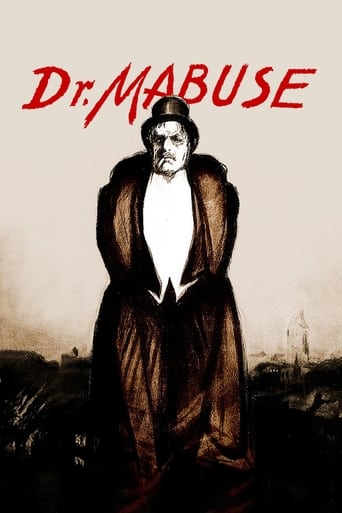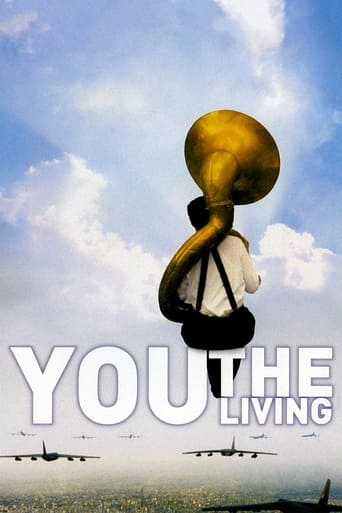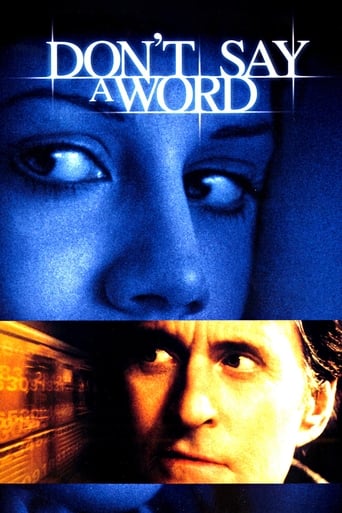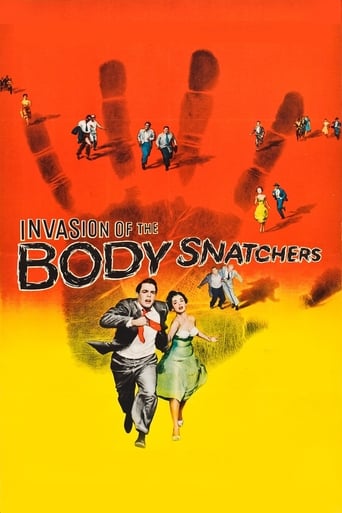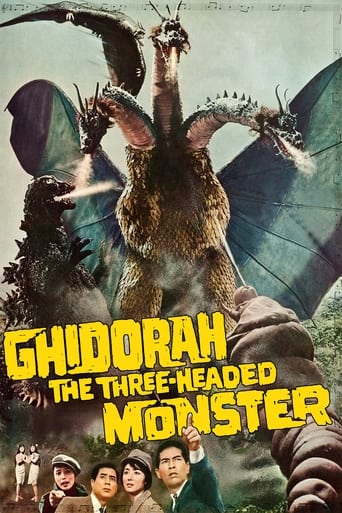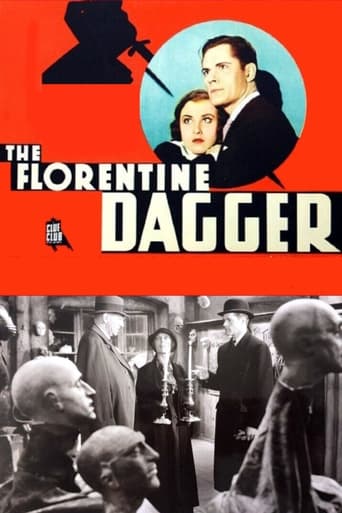
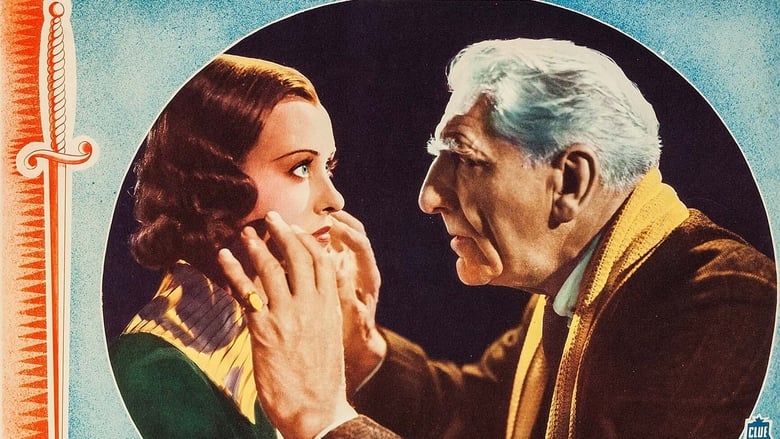
The Florentine Dagger (1935)
A playwright descended from the Borgia family becomes a murder suspect.
Watch Trailer
Cast
Similar titles
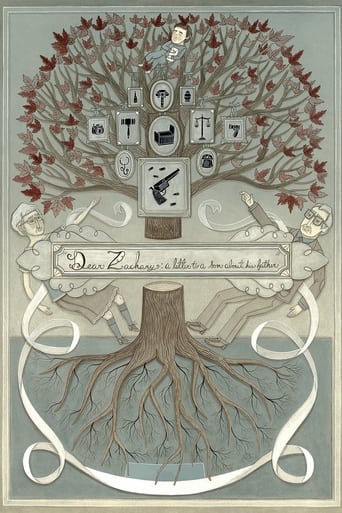

Reviews
Strong and Moving!
It is not deep, but it is fun to watch. It does have a bit more of an edge to it than other similar films.
It's funny, it's tense, it features two great performances from two actors and the director expertly creates a web of odd tension where you actually don't know what is happening for the majority of the run time.
It really made me laugh, but for some moments I was tearing up because I could relate so much.
Copyright 1 April 1935 by Warner Bros Pictures, Inc. A Crime Club Picture, presented by Warner Bros Pictures and The Vitaphone Corp. New York opening at the Mayfair: 26 April 1935. Australian release: 8 May 1935. 7 reels. 70 minutes.SYNOPSIS: Who murdered impresario Victor Ballau? His daughter, currently playing Lucrezia Borgia in a play written by a direct descendant of Cesare Borgia (who is himself under treatment for possible schizophrenia)? A psychiatrist who is subject to sudden, unexplained mood changes? A grim, beaten servant, mousily unobtrusive, who admits she was alone in the house with the victim when the murder was committed? A cat-and-mouse police captain who seems too knowingly off-hand? Or a crazy-looking old woman who successfully bids for the murder candlesticks at an auction of the victim's effects? COMMENT: Hecht's novel deals with three sets of dual personalities which are carried over into this moodily atmospheric film version in such a clever manner that we are really never quite sure of the genuineness or sanity of any of the principal characters.In the best performance of his career, Donald Woods, normally a rather wooden and stodgy actor, not only provides an able and ingratiating study but gives his portrait a neurotic intensity that makes it doubly fascinating. Margaret Lindsay too infuses her characterization with a depth and an edge that makes it seem for a time as if the script is about to duplicate "A Double Life". And as for C. Aubrey Smith, how wonderful it is to see this fine actor filling a role worthy and large enough for his brilliant talents. Henry O'Neill excels too, whilst it's great to find Robert Barrat limning an unusual role in a most entertaining balance of comic/dramatic perfection. Florence Fair made only ten or so sound films, all around this period. If this is a fair sample of her extraordinary histrionic gifts, we are certainly looking forward to seeing her again. In addition to drawing these magnificent performances, director Robert Florey has infused the whole film with a beguilingly brooding atmosphere — assisted by some wonderful sets from Grot and Weyl, plus Todd's superlative lighting and camera-work. The script rivets the attention throughout. The sarcastic and dallying dialogue provided to and so expertly delivered by Robert Barrat offers a neat contrast to the Gothic trappings of a fascinating plot.ANOTHER REVIEW: Three suspects in the novel, but each has a dual personality. In solving the mystery, it's a question not only who benefits but which of the schizos did the deed. In translating this to the screen, the writers have made a large number of equally ingenious changes. Florey's direction is most competent. The set designers have wrought wonders. - JHR writing as George Addison.
A modern descendant of the Borgia's grapples with what he thinks are murderous family genes, which leads to a mysterious family scandal, a real murder, and a surprise ending.Oddball little movie, not quite a whodunit since the suspects are too under-developed to pick through. The result is more like an early noir with Cesare (Woods) struggling against dark forces and maybe fate, too. In fact, I'll bet the lighting bill didn't exceed 5 bucks. Also, I'm with the reviewer pointing out that Woods lacks the expressive depth to play the central character effectively. Too bad, because that would have made the movie more memorable. On the other hand, there's the craggy-faced Aubrey Smith as a commanding head doctor, and a most un- cop-like Robert Barrat as chief cop. And what about actress Eily Malyon whose close-ups are enough to scare off both Karloff and Lugosi.All in all, I'm not sure the movie knows where it wants to go. The threads do not blend well. Still, there are some creepy moments that manage to compensate. Then too there's that surprise ending where justice happily triumphs over law. Looks like the screenplay (1935) managed to sneak this by a newly installed Production Code (1934). Anyway, my guess is that when Barrat leaves the airport he's headed to the Playboy Club no matter what he's told the wife.
"The Florentine Dagger" is a Warner Brothers film from 1935 starring Donald Woods, Margaret Lindsay, Henry O'Neill, and C. Aubrey Smith. Woods plays a descendant of the Borgias who comes to Italy to see the Borgia castle. Apparently afraid that he has inherited the Borgia madness, he tries to kill himself with a potion, but the psychiatrist (Smith) tells him it's fake. He suggests that Woods write a play about the family and achieve some closure that way. O'Neill plays a producer who does the play in Vienna, with his daughter (Lindsay) as the lead. The play is a huge hit, and Woods and Lindsay fall for one another. When O'Neill is stabbed with a Florentine dagger, Woods becomes the main suspect.Very atmospheric for such a small film with some good performances, particularly by Robert Barrat as a police inspector who's quite funny. Lindsay is miscast as this mysterious, goddess-like woman whose performance is the talk of Vienna. A Greta Garbo role in the hands of Margaret Lindsay, a completely different type.A short film, fairly well done given the budget.
This little programmer from Warner Bros. features a bunch of studio contract players, all trying to do their best to bring some life into an unlikely story about a man (DONALD WOODS) who thinks he's inherited a tendency to kill because he's from a long line of Borgias. Nevertheless, he's encouraged to write a play about Lucretia Borgia for the daughter of HENRY O'NEILL, played by MARGARET LINDSAY.When O'Neill becomes the victim of a stabbing, the plot thickens as Detective Von Brinkner (ROBERT BARRAT) goes about trying to solve the crime. But it's really C. AUBREY SMITH who does most of the snooping to uncover the reason behind O'Neill's vicious death.However, it's Barrat's lively performance as the playboy detective that gives a lift to the story and a bit of humor that's badly needed.It's really a B-film struggling to look like an A-film with some proper atmosphere and period settings, but the story is told in dull fashion and never quite becomes as fascinating as the film's imaginative title.
